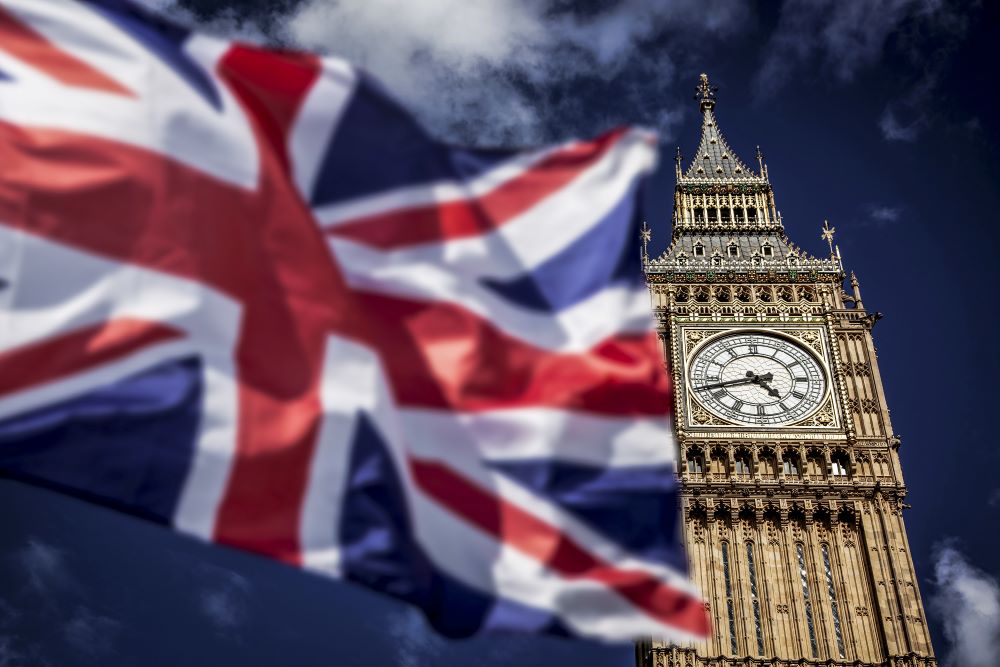
The International Trade Committee (ITC), a parliamentary cross-party committee that scrutinises the government’s trade policy, has recently released a series of announcements impacting importers and exporters.
The IOE&IT’s public affairs adviser Grace Thompson gives an update on the latest activity of the ITC.
Trade deal scrutiny report
The ITC published yesterday (26 January) the government’s response to its report on the parliamentary scrutiny of trade deals.
The committee had argued that the current scrutiny mechanisms are not fit for purpose, and called for a full review of how the government engages with parliament, both during and after trade negotiations.
MPs also urged the government to ensure that the committee could always publish its own verdict on trade deals before any debate is scheduled, in order to inform decision-making.
In response, the government suggested it would look to extend the statutory 21-day scrutiny period if a parliamentary debate cannot take place in the existing timeframe.
However, it did not commit to such a debate allowing MPs to vote against a trade deal if they felt it was not up to scratch.
The government hasn’t so far accepted the ITC’s suggestion for a comprehensive single trade strategy, which would set out what the UK wants to achieve from its negotiations and how new deals would support broader policies.
Government’s response to UK-New Zealand FTA
On 24 January, the ITC also published the government’s response to its report on the UK-New Zealand trade deal.
The ITC had called for an analysis of potential risk to the UK’s food security and a debate and vote in parliament on the agreement.
The cross-party committee of MPs questioned whether the pros and cons of tariff liberalisation had been fully considered, pointing to the government’s own impact assessment, which predicted that the UK’s agriculture, forestry, fishing, and semi-processed food sectors could all contract due to increased competition.
The government’s response also reaffirmed its belief that the UK will not experience a significant influx of agri-food imports from New Zealand in the near future.
New inquiry
In addition to the ITC’s new inquiry on UK trade sanctions on Russia, the ITC is also looking into export opportunities and whether UK exporters are able to take advantage of them.
The inquiry will look into the current situation for exporters, the support offered by the government and how easily exporters can access it.
The inquiry will also consider whether there are options not currently offered for supporting businesses. It will also explore how the support offered by the UK compares with that available in other countries.
Evidence can be submitted until Friday 24th March 2023.
Interested parties can find the call for evidence here.



